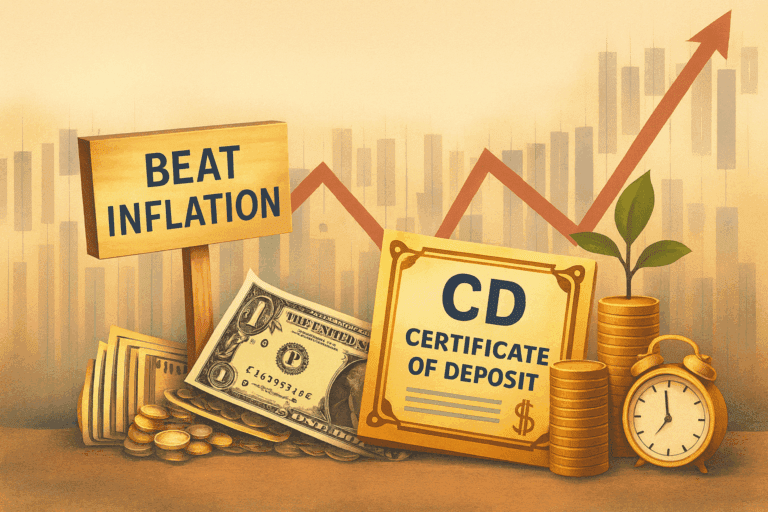The age-old question of personal finance goes something like this: “should I save up money first or pay off debt first?” Scholars, economists, and philosophers have all tried to answer this one. Here are a few viewpoints to help you make an educated decision.
How Much to Save
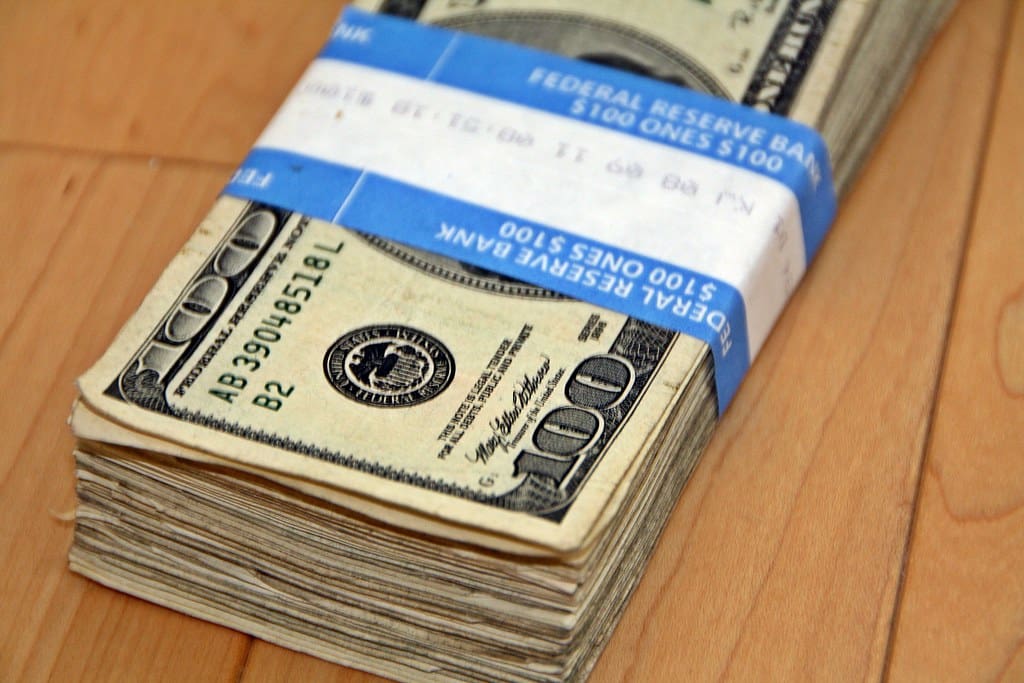
The first question many people need to answer when they start their savings journey is how much they want to save. Should you have $500 in your savings account? Is $1000 enough? The truth is that you should just be saving without worrying about getting to a specific number. The more you save, and the longer you do so, the better off you’ll be.
Taking on Debt

Up to a point, taking on debt is inevitable. Very few people have the luxury of buying their cars outright or being gifted paid-off houses. Beyond that, lots of folks need to rely on loans and credit cards to get by. That means that most people will need to deal with paying off debt at some point.
Interest Rates
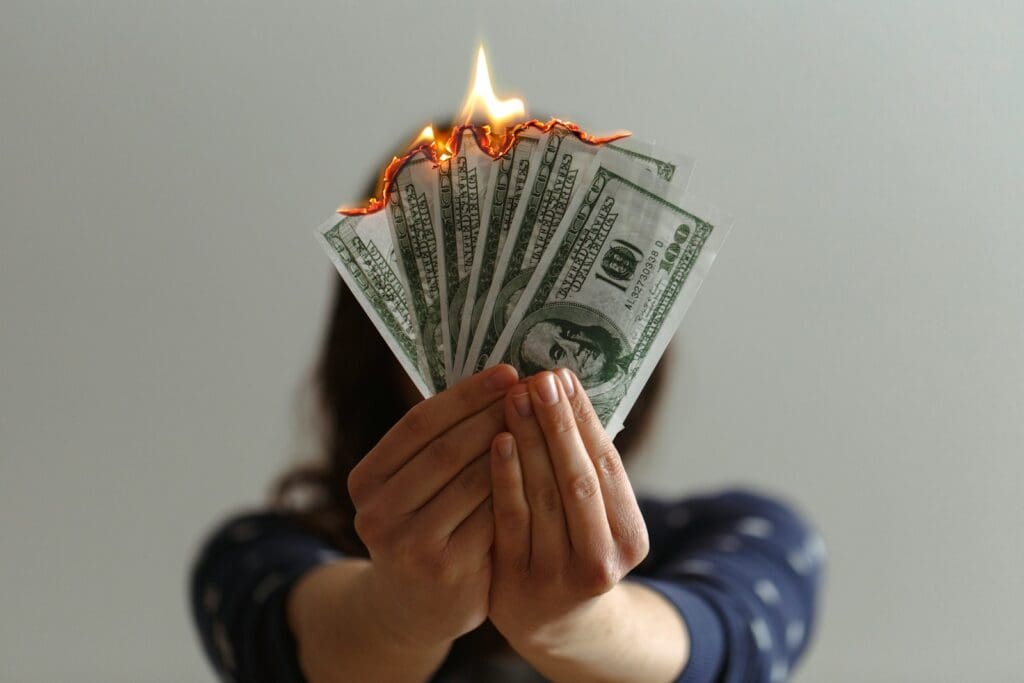
The plainest way to tell whether you should focus more of your finances on your debts or your savings is by comparing their interest rates. Savings accounts pay you back interest based on how much you’ve placed in the account. Debt costs you more the longer you go without paying it.
Debts Usually Have Higher Interest
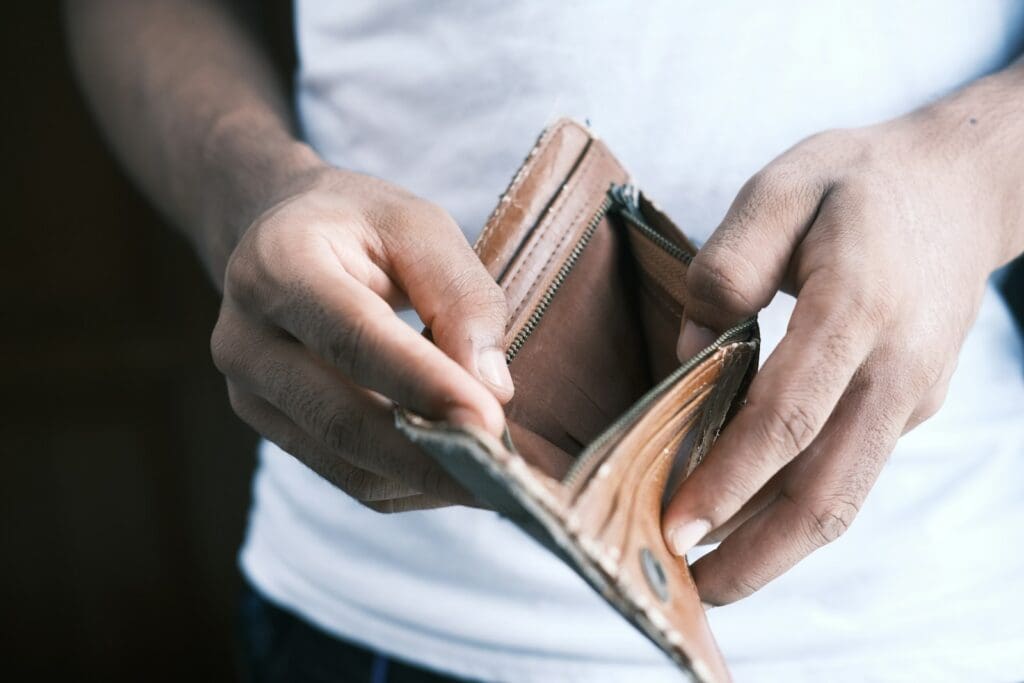
Generally speaking, any debts you’re holding probably have higher interest rates than any savings account you’re using. With some very rare exceptions, paying back your debts is going to generate you more value in the long run than saving money. However, that’s not the end of the story.
You Still Need to Save
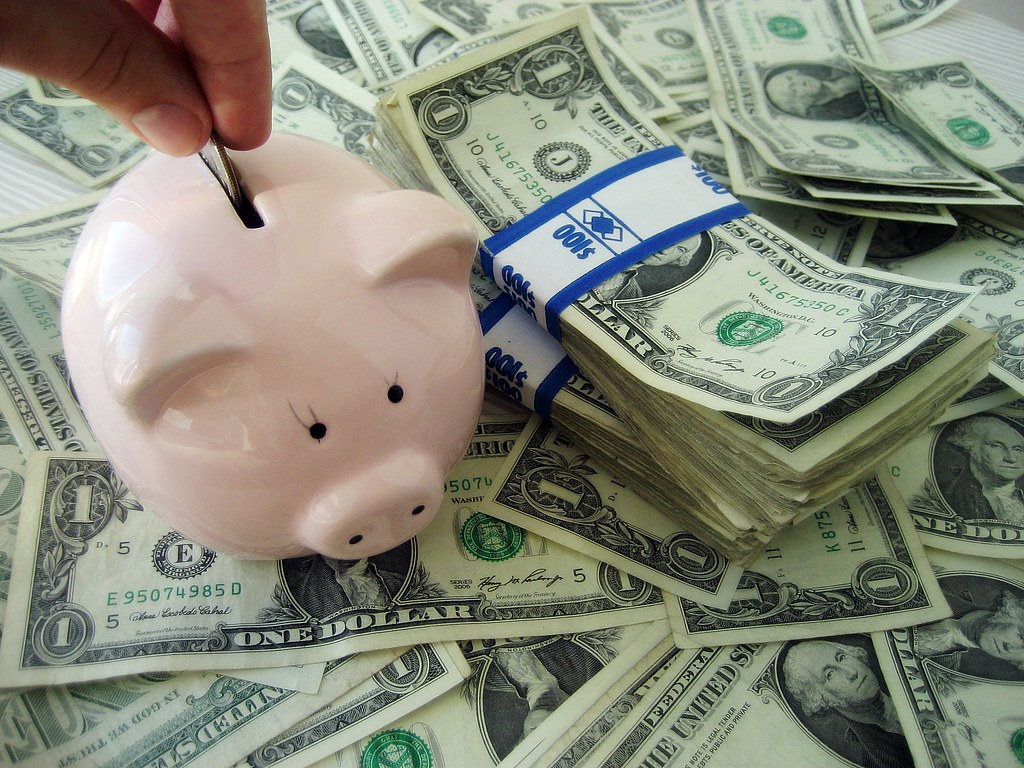
Just because saving up money doesn’t have as good of an interest rate as paying off debts, that doesn’t mean you should just ignore saving altogether. As long as you’re making minimum payments on your debts, it’s okay to put a bit of money back for a rainy day. After all, you never know when there might be an emergency!
How to Put This into Practice

If it’s a better idea to pay off debts first but you still need to save, how do you balance your finances out efficiently? The best thing you can do is focus on paying down your highest-interest debts first! Take an extra amount you can afford each month and put it toward your steepest interest rate debt. This will help you pay it off faster, thus saving you money.
Snowball Effect
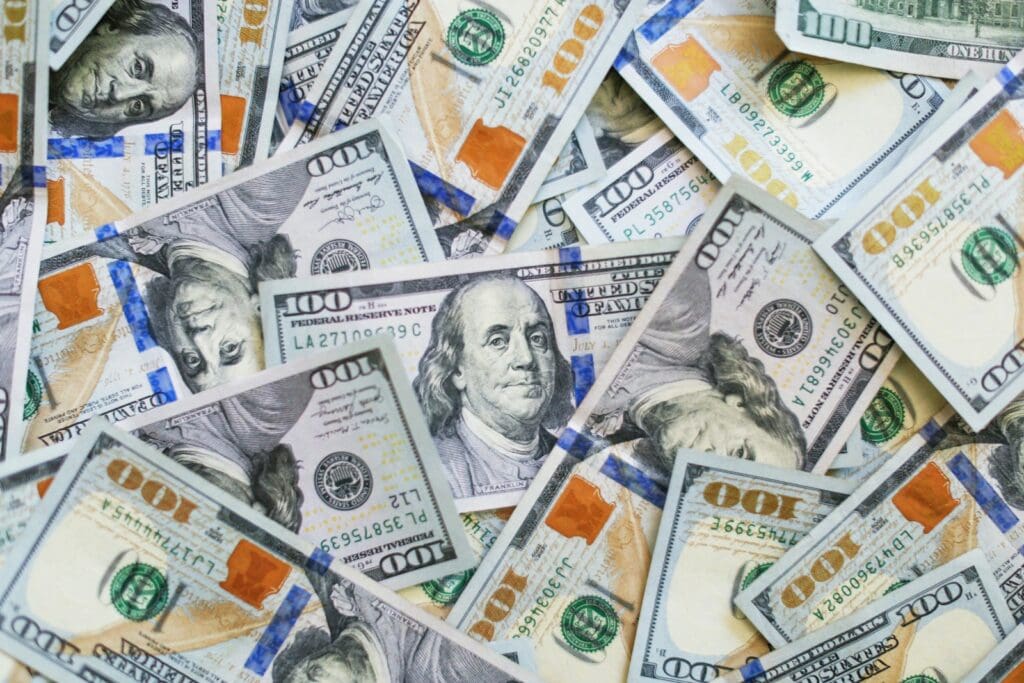
Once you’ve paid off that highest debt, don’t just take the “extra” money you’re saving by not owing it anymore and put it into your spending budget. Instead, “snowball” that money over to your next highest interest rate debt. This will likely result in your smallest, most compounding bills like credit cards or loan repayments getting paid off much more quickly than with minimum payments.
The Savings Feedback Loop
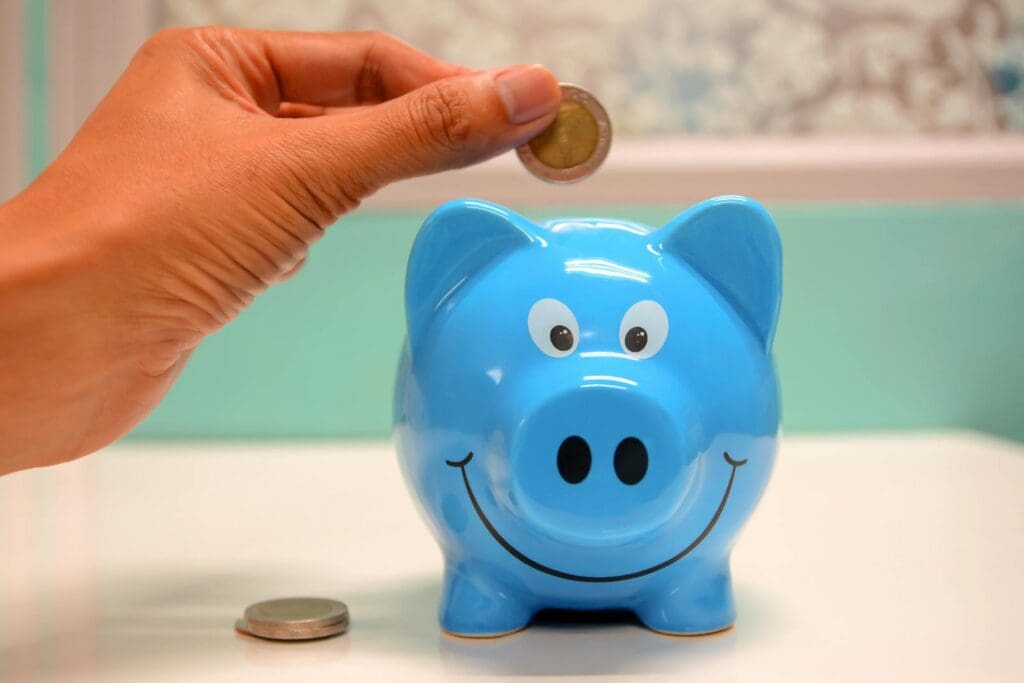
Once you’ve used this “snowball” strategy to clear up your biggest debts, you might find yourself left with just your largest, lowest interest rate loans. These are usually things like mortgages and student loans. This is the time when you could consider moving your “snowball” fund over to your savings account, or even your retirement account!
Read More: 10 Money Myths Most Likely to Sabotage Your Finances
Getting Debt Free
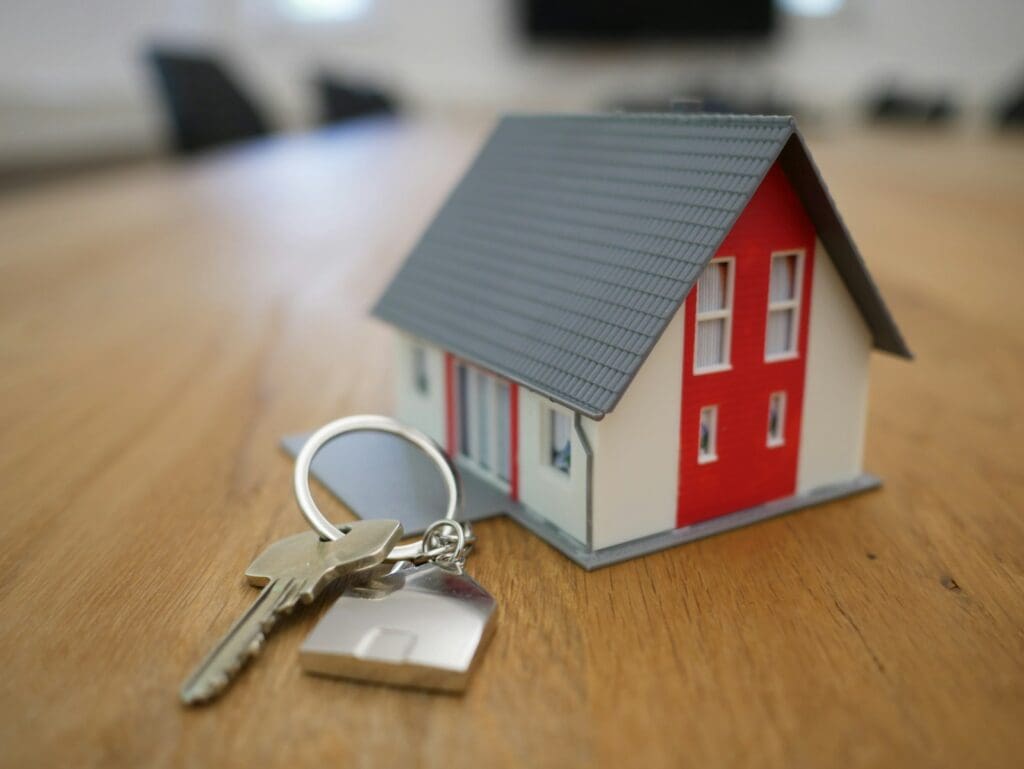
Generally speaking, getting debt free is a huge financial goal that any homeowner should be pursuing. If you’ve got a paid off house, everything gets a lot easier. You can then start putting the money you once put toward mortgage into things like vacation funds, saving up for a new car you can buy outright, or even buying other properties as investments.
Read More: 10 Signs You Need to Rethink Your Finance Goals
Paying off Debt First
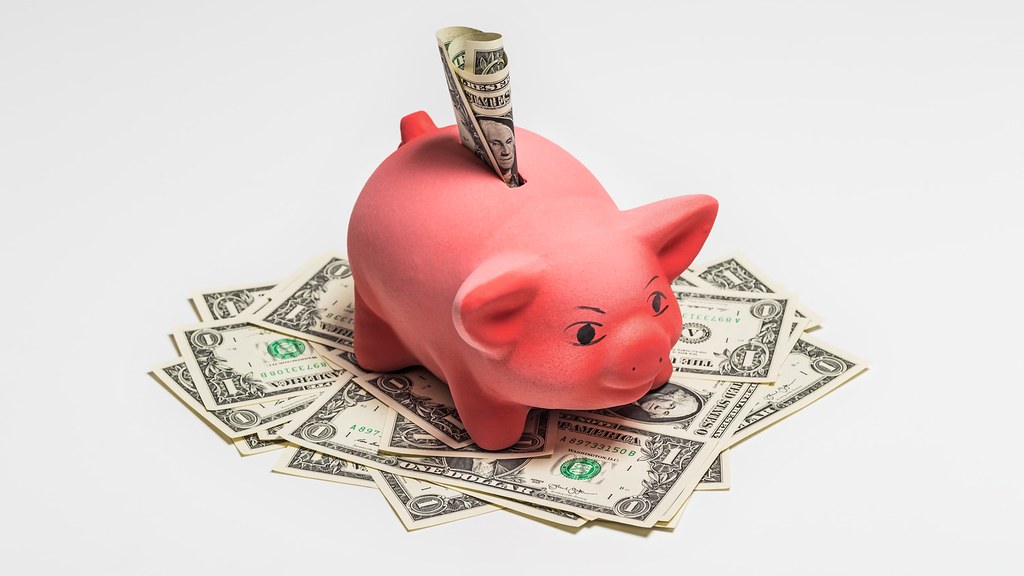
Remember, just because you should prioritize paying off your debts first, that doesn’t mean you should forego saving altogether. Having a lot of money toward your once-large credit card bill doesn’t help you if you blow a flat tire and need your car serviced. As with most things in life, a balanced approach is the right idea here!
Read More: 10 Steps to Create a Successful Debt Repayment Plan




